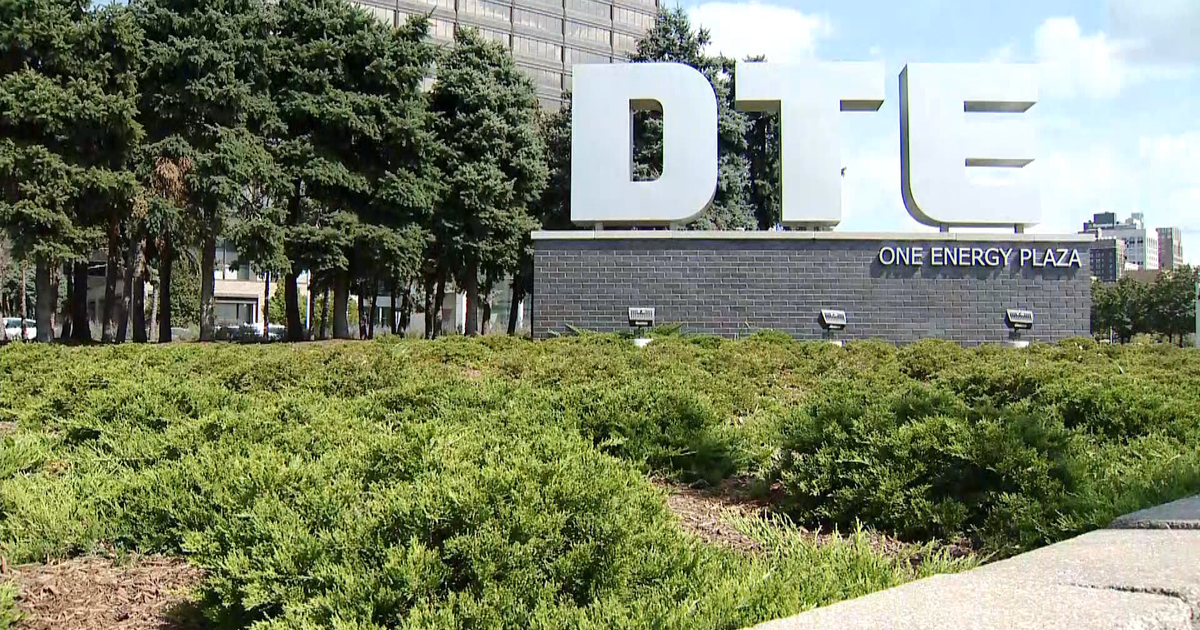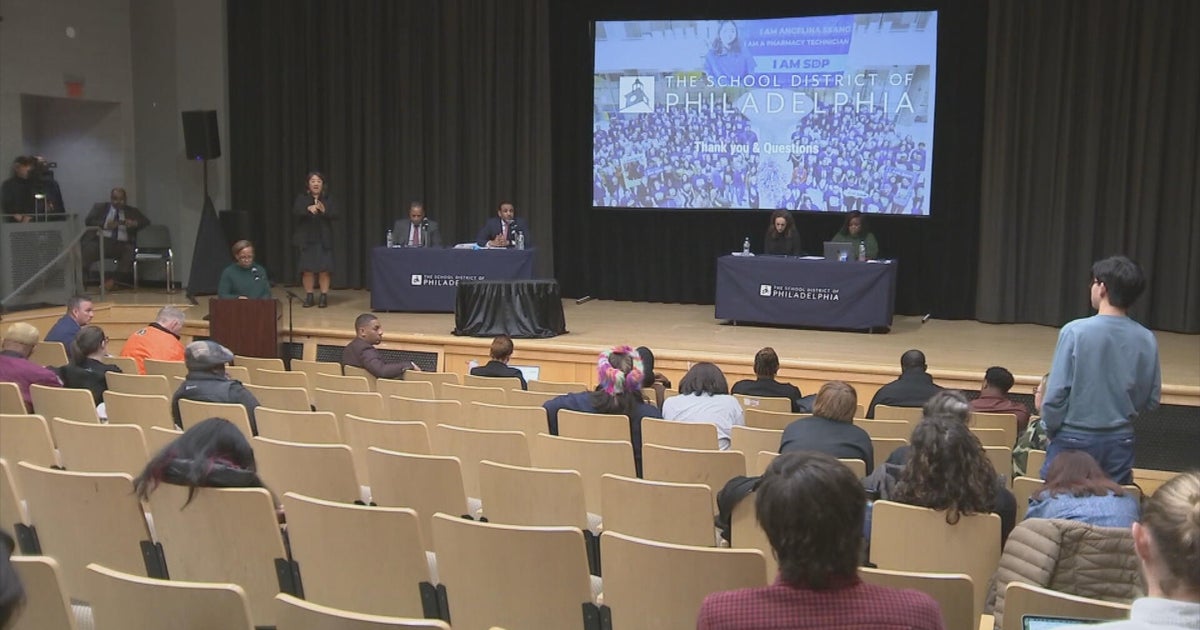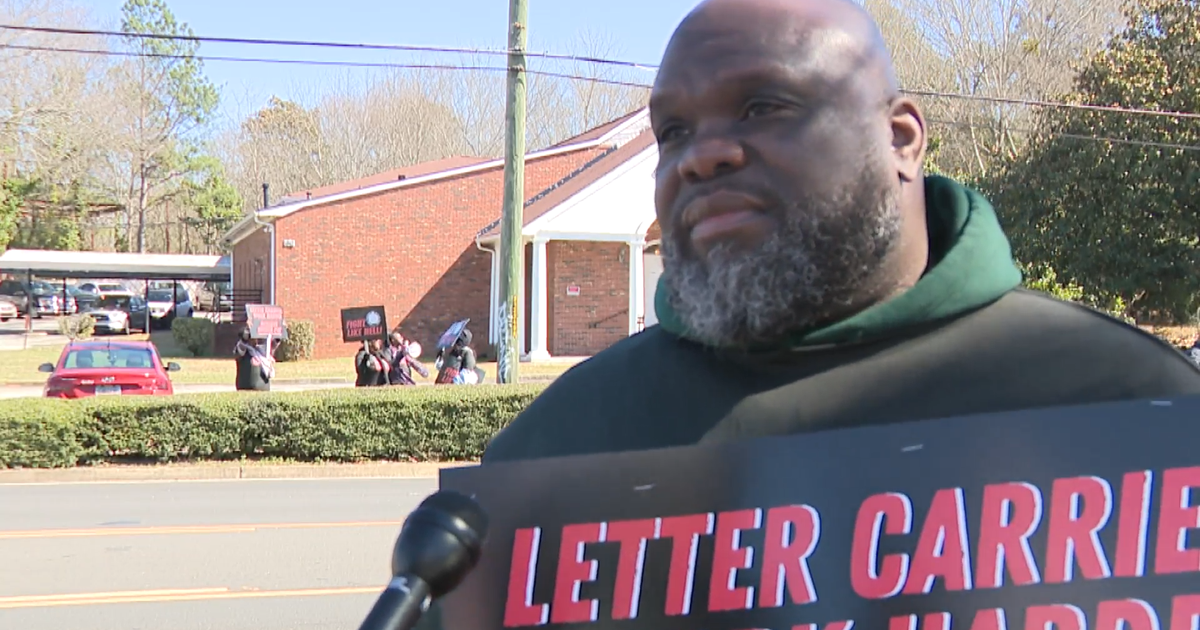California bill would lift pay for fast-food workers to $20 an hour
Most of California's 500,000 fast-food workers would be paid at least $20 per hour next year under a new bill aimed at ending a standoff between labor unions and restaurants over wages and working conditions.
Changes proposed to Assembly Bill 1228 would specifically lift wages for workers at fast-food establishments that have at least 60 locations nationwide. It excludes restaurants that make and sell their own bread, including Panera Bread. California's fast-food workers now earn somewhere close to the state's minimum wage of $15.50 an hour.
Fast-food companies and their workers have already approved the proposal, according to the Service Employees International Union, the union that represents fast-food workers. The proposal, which was introduced earlier this year by Democratic Assemblymember Chris Holden of Pasadena, must next pass the state legislature and then be signed into law by Gov. Gavin Newsom.
"For the last decade, fast-food cooks, cashiers and baristas in California have been sounding the alarm on the poverty pay and unsafe working conditions plaguing our industry," Ingrid Vilorio, a fast-food worker and member of the SEIU, said in a statement. "We have always known that to solve these problems, we need a seat at the table with our employers and the power to help shape better rules across our industry.
The effort in California is an example of how fast-food employees can help shape state policies to better their future, said Mary Kay Henry, international president of the SEIU.
"I think fast food cooks and cashiers have fundamentally changed the politics of wages in this country and have reshaped what working people believe is possible when they join together and take on corporate power and systemic racism," Henry said.
Adjusting for inflation
The $20 hourly wage would be a starting point, union members said. If passed, the measure would also create a nine-member Fast Food Council made of representatives from the restaurant industry and its laborers. The council would have the power to increase that minimum wage each year by up to 3.5% or the change in the U.S. consumer price index for urban wage earners and clerical workers, whichever is lower.
Raising the minimum wage can both benefit and hinder the economy, said Loyola Marymount economist Sung Won Sohn. He said any time wages increase in one sector, it also tends to lift salaries in other sectors, benefiting other workers. But higher wages can also boost inflation, which increases the price of goods for everyone.
It's unusual, but not unprecedented, for states to have minimum wages for specific industries. Minnesota lawmakers created a council to set wages for nursing home workers. In 2021, Colorado announced a $15 minimum wage for direct care workers in home and community-based services.
—The Associated Press contributed to this report.



